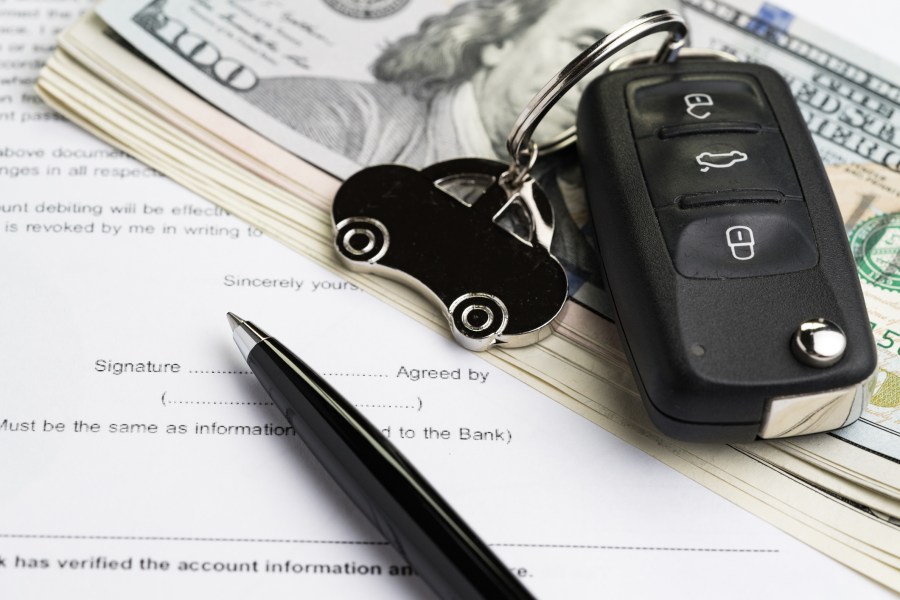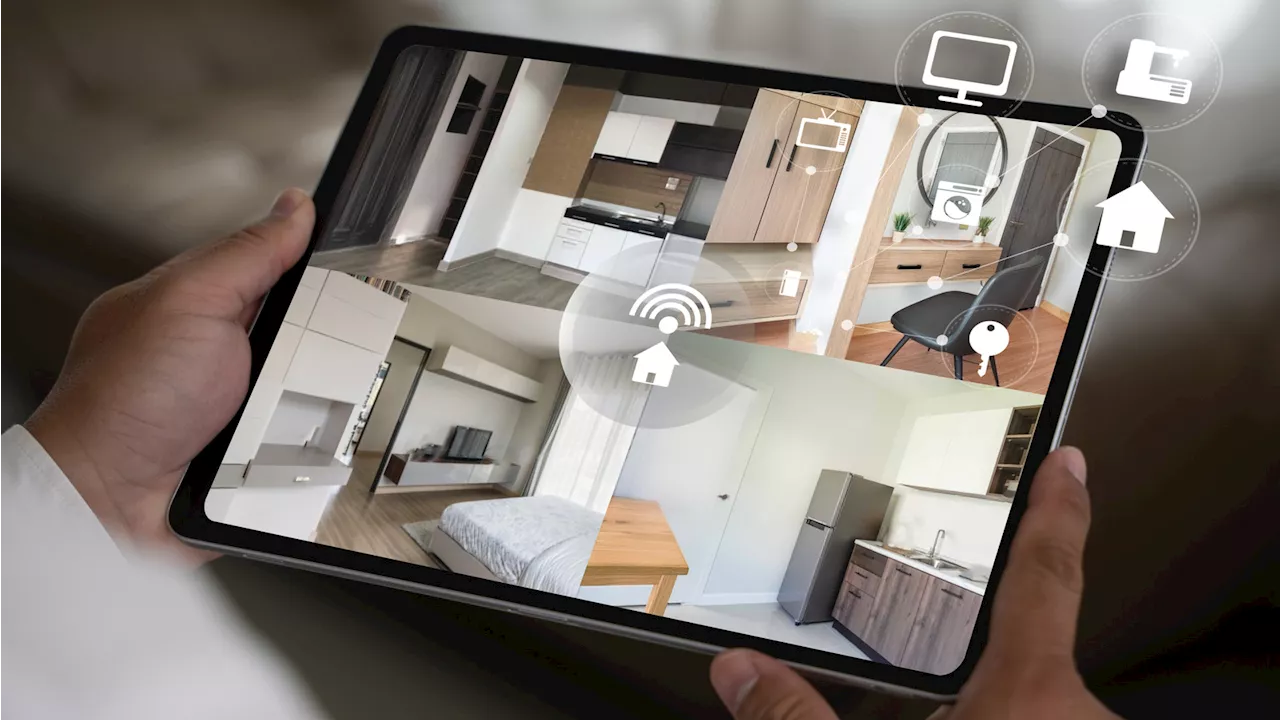
Purchasing a car typically requires a valid driver’s license to navigate the complexities of vehicle registration and insurance. However, individuals can buy a car without a license, although the process presents unique challenges. Understanding these requirements can help prospective buyers manage the situation more effectively.
Reasons for Buying a Car Without a License
There are several scenarios where one might consider buying a car without a driver’s license. For instance, an individual may wish to secure a vehicle before obtaining their license, especially if they discover their dream car. Gifting a car to a family member or friend is another common reason; in this case, the vehicle’s title must be transferred to the recipient.
Business owners might purchase a car for operational purposes, even when they cannot drive. In some instances, a caregiver may need the vehicle for a client who is unable to drive due to a disability. Additionally, car collectors often acquire vehicles for investment or display, while others may buy a car for a minor to practice driving under supervision.
Registration and Insurance Complications
While it is possible to purchase a vehicle without a license, registering it poses significant hurdles. To legally drive a car on public roads, registration is necessary, which typically requires proof of insurance and a valid driver’s license. In cases where the buyer lacks a license, they must register the vehicle in someone else’s name or under a business name if applicable.
In certain jurisdictions, specific vehicles, such as antique or collectible cars, may not require registration if they are not intended for road use. Prospective buyers should consult their local Department of Motor Vehicles (DMV) for precise regulations pertaining to registration requirements.
Individuals with a suspended license face additional restrictions. Depending on their state, they may be allowed to purchase a vehicle but will encounter challenges obtaining insurance and registration. Many lenders also hesitate to finance a car for someone with a suspended license, so it is crucial to verify local laws and lender policies.
Financing and Insurance Options
Securing financing for a car purchase without a valid license can be tricky. While some online lenders and dealerships may not require a driver’s license for an auto loan, others do. Typically, buyers must present an alternative form of identification, such as a state-issued photo ID. Credit unions are often more flexible in granting loans, making them a viable option for unlicensed buyers.
When it comes to insurance, most states mandate that a vehicle must be insured before registration. While it is possible for an unlicensed driver to obtain insurance, it may require extra effort. Some insurance providers refuse coverage if the buyer is not the primary driver. One solution is to include a co-owner during the purchasing process, allowing the licensed individual to secure insurance.
Another approach involves listing oneself as an excluded driver on an insurance policy, thereby designating a licensed driver as the primary operator. The insurance premium will largely depend on the licensed driver’s credit score and driving history, which can impact costs significantly.
The Bottom Line
While buying a car without a license is feasible, it introduces several complications into the process. Prospective buyers may find it beneficial to pursue obtaining a license, as this can simplify various aspects of the purchase. Understanding the specific requirements for registration and insurance is essential to navigate the automotive market effectively.
For further insights on car purchases and related topics, iSeeCars.com provides valuable resources and information designed to assist car buyers in making informed decisions.







